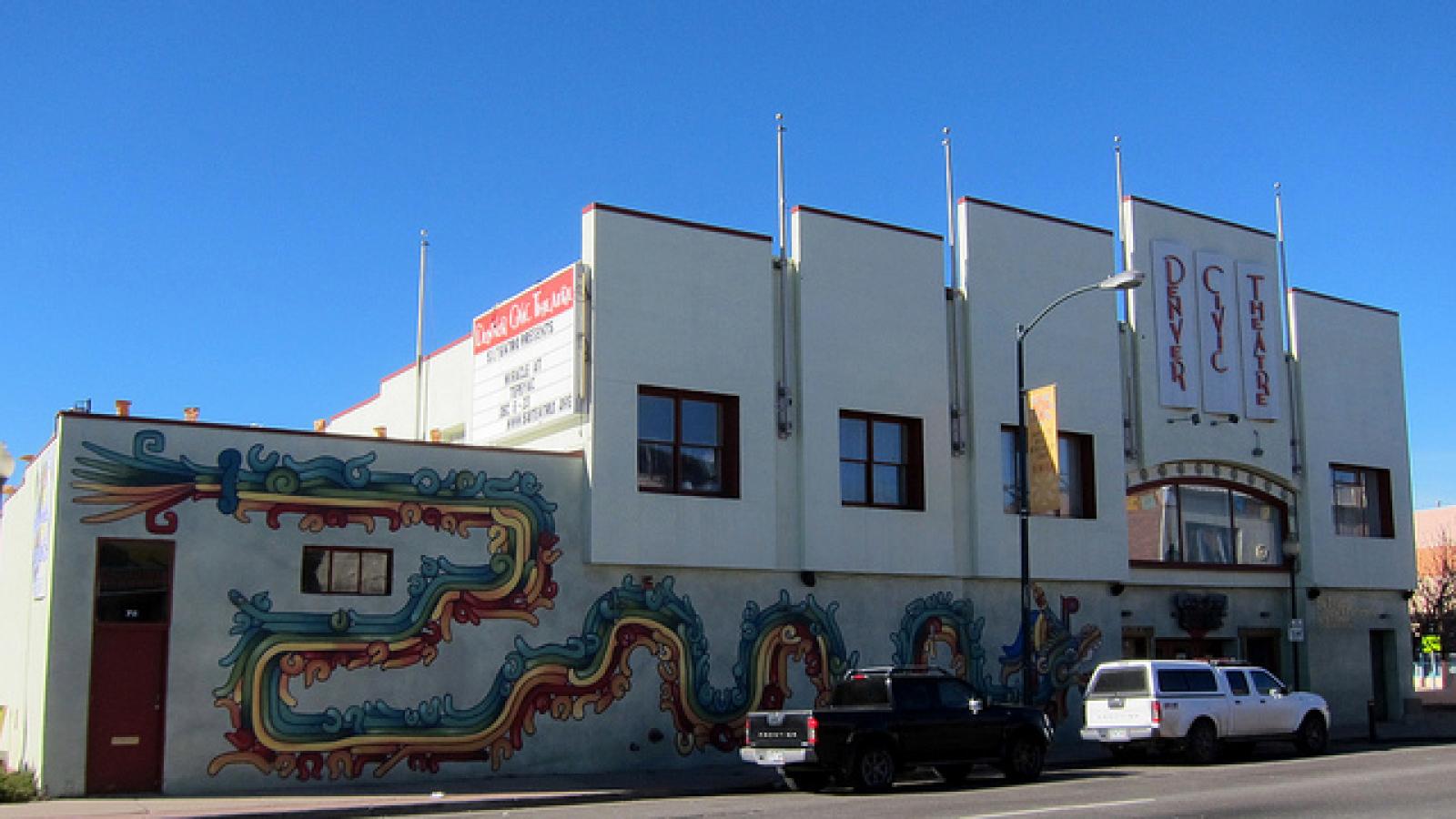Su Teatro: Theater for You and Me

Tony Garcia, executive artistic director of Su Teatro Cultural and Performing Arts Center, likes to tell the story of the drum house. According to Garcia, pre-Columbian peoples believed “that a community was not whole until it had a space for its drum,” he said. “They meant a place where the drum was a ceremonial center of a community. Until you had a place for your ceremony, you were a community without identity.”
In many ways, Su Teatro has become the drum house for Denver’s Latino population—a dedicated cultural space where community identity is reflected, shaped, and celebrated. Established in 1971 by students at the University of Colorado Denver, Su Teatro was born from the Chicano movement, a time when Mexican-Americans struggled to garner equal rights and respect for their community. Art became a major component of the movement, and served as a tool that both sparked political activism and increased the cultural pride of a long-denigrated population.
“For so long, people without resources had a very difficult time of articulating the issues that were important to them,” said Garcia. “Nobody was listening. There wasn't a forum for that.”
But with the establishment of Su Teatro, a longtime NEA grantee, the Chicano community gained a forum for self-expression. In its early years, the theater produced short, issue-oriented pieces that dealt with topics such as police brutality, the treatment of migrant workers, and the push-and-pull of cultural assimilation—none of which are necessarily easy to discuss or digest. “There's an incredible intimidation that comes from people in power, and so often, people feel the challenge is they're risking so much,” said Garcia. “[Theater] is an opportunity to speak truth to power, and to empower people, because they see that what they're feeling can be expressed publicly. It opens a whole different chain.”
Although Su Teatro has shifted from the politically charged productions of its early days, it remains firmly committed to empowering and celebrating the Latino community, which Garcia is careful to point out includes much more than the immigrant experience. “I’m not an immigrant. My mother and father weren’t immigrants,” said Garcia. “What we are doing is articulating stories that are part of the United States.” As such, their work, he says, is accessible to all audiences, and should be considered an important part of our shared history, whether or not someone is of Latino background. “If you go see Shakespeare, you've got to work hard to follow the language anyway,” said Garcia. “So what's the issue when you see something here, and you hear a [Spanish] word you don't understand?"
Su Teatro’s ability to expose audiences to different ways of life while remaining a lodestone is reflective of its name: “your theater,” no matter who “you” might be. Perhaps this is the reason it has become the third-oldest Latino theater in the country. “We're the grandparents, in many ways, of our communities,” said Garcia. “[We] teach them where these communities came from.”




